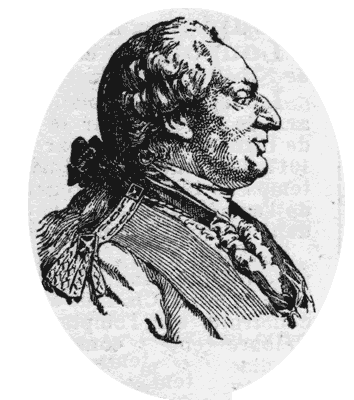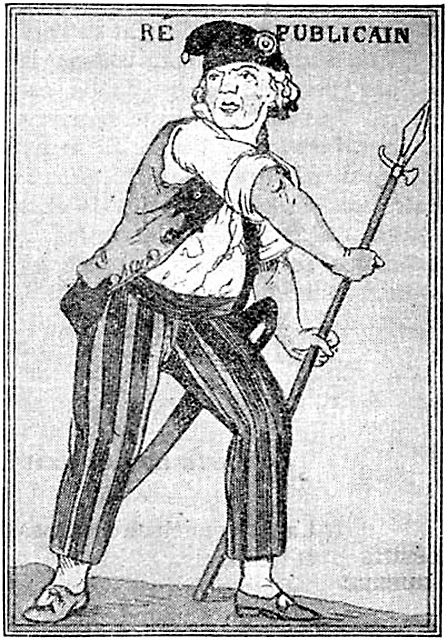Prompted by the best of intentions,
but of limited intelligence and indecisive in nature, he was ill equipped to confront the difficult circumstances
that the country was going through and the people’s sentiments that were welling up, generated
by his predecessor’s mistakes. He paid the ultimate price of the errors and abuses of a reign he had taken no part in,
by being guillotined under the Revolution in January 1793.reign
 LOUIS XVI 1774-1793 Animé des meilleures intentions, mais d'intelligence courte et irrésolu de caractère, il était mal armé pour affronter les circonstances difficiles que traversa le pays et le ressentiment populaire venu des fautes de son prédécesseur. |
